Are you planning a camping trip in the near future and need a comprehensive camping packing checklist? Perhaps you have never been camping before and you do not know what to expect. Maybe you’re not sure if this is the type of holiday for you, and that is okay.
There was a time when we thought the same way. However, having gone from knowing next to nothing about camping to trying it for the first time, we can safely affirm that there comes a different kind of freedom with waking up in the great outdoors.
Camping is perhaps one of the best forms of getting out into nature for a much-needed recharge from the city and everyday routine. After all, this should come as no surprise considering there is a growing body of research illustrating just how healing nature is to our mental well-being.
Camping is a brilliant exercise in the game of getting to know yourself as a person, and that is because by definition you have to strip back to the essentials. You have to consider what you actually need to survive, as opposed to what you want.
Table of Contents
- Prepare for your Camping Trip
- Short camping trip
- Tent Checklist
- Sleeping Checklist
- Campsite Checklist
- Kitchen and Cooking Checklist
- Clothing Checklist
- Personal Items Checklist
- Health & Safety Checklist
- Entertainment Checklist
- Festival Camping
- Essentials Checklist
- Festival Camping Checklist
- Sleeping Checklist
- Cooking Checklist
- Festival Clothing Checklist
- Toiletries & Miscellaneous
- Electronics Checklist
- Long Camping Trip
- Equipment checklist
- Food Checklist
- Clothing Checklist
- Toiletries Checklist
- Health & Safety Checklist
- Miscellaneous Checklist
Prepare for your Camping Trip
Living in the 21st Century, whether you reside in a city or in more rural areas, chances are you still have certain facilities accessible – supermarkets, hospitals, wifi, the bin man that collects your rubbish on a weekly basis. We take these things for granted, and why wouldn’t we?
We are surrounded by all these ways by which to make our lives easier – it is one of the biggest successes in how technology has developed. However, once you’re out in nature and you are away from just about everything you know, such things aren’t always as easily accessible. Chances are that even your phone will not have a very good signal.
As such, if you are new to the whole experience of camping, perhaps the most constructive piece of advice we can give you is to be prepared. If you are a seasoned camper, then you know that this is a solid piece of advice. For many, the premise of going camping is to disconnect and to experience our beautiful Earth for all she has to offer.
There are many types of camping trips. Generally speaking, there is a basic essentials list such as a tent and a sleeping bag that you will need no matter the type of camping trip you are going on. However, just as each type of holiday comes with a different set of necessities, so do the different types of camping trips you may be embarking on.
The first thing to consider is how long are you going camping for and where are you going? Is it a weekend trip at a campsite or in a forest? Are you off to a festival for four days? Are you going on a month-long hike? If you are going on a month-long expedition will there be checkpoints along the way? Depending on your answers to these questions your checklist will vary significantly.
Some other things to consider when planning your trip to nature are whether you are driving to your destination? Will you have a camper van? Will you be able to park your car by the campsite or will you camp significantly further away from where you have parked? Will you be taking public transport to get to your destination? Will you be walking or hiking a lot? Are you going with friends, with family or on a solo trip?
Short camping trip
A short trip could be anything from just a weekend away to up to 5 days. It is most likely that you will be travelling to your destination by car. Usually, such trips will take place at specifically designed campsites and caravan parks. However, if this is not your cup of tea and you would prefer to wild camp instead make sure you check your local laws before embarking on such an adventure.
In the UK for example, laws on wild camping vary. Whilst in Scotland it is permitted to camp on most unenclosed land, in England and Wales this is not the case. Wild camping in England and Wales is effectively illegal unless you receive the explicit permission of the landowner to camp on their land. Many landowners are usually quite forthcoming with letting people camp on their land, provided that they are respectful of the land. This being said, avoid camping too close to peoples’ homes or roads. Research the area you want to visit before you go camping.
Once you have planned your camping trip, take some time to make yourself a list of what you may need. In preparing your camping gear (checklist below), make sure to check in advance that your tent, stove, matches, lighters and lanterns are all undamaged and in good working conditions.
You will also need to prepare your food list. In doing this, the best tip we can give you is to plan what you will be eating for each meal (breakfast, lunch and dinner). Prepare what you can at home, such as marinating any meats or pre-cutting any vegetables, and when you are packing your cooler set out your foods meal by meal. This allows you to think about all the things you will need to serve each meal, including any condiments and necessary utensils.
If you are going wild camping, then this list will have to be much shorter in order to save space and weight. Always pack the items that are relevant to you and edit as you feel is necessary.
Tent Checklist
- Tent – choose a larger tent than the number of people camping, as this will give you extra space to store your luggage
- Tent accessories – tent porch, tent carpet, tent footprint – depending on the kind of tent you have
- Spare tent pegs – bent tent pegs are one of the most annoying things that could happen on your trip
- Mallet – A rubber mallet is ideal for knocking the tent pegs into the ground
- Lantern(s) – either battery or solar powered. Never use oil lanterns in your tent.
- Duct tape & Scissors – Duct tape can come in handy in the most unexpected ways
- Dustpan and brush – to keep your tent nice and clean
Sleeping Checklist
- Sleeping bag – pick your sleeping bag based on weather conditions.
- Sleeping mat or airbed – whether a rollable mat or an airbed, this adds comfort as well as extra insulation during the night. You will be sleeping on the ground after all, and it might get cold
- Camp bed – if you are feeling particularly luxurious and have the space to carry this
- Pillow(s)
- Earplugs – we quite enjoy the sounds of nature, but if you are camping amongst many other campers they can be loud
Campsite Checklist
Whether you decide to take only the bare necessities, or if you want to create a little home away from home, remember that your camp can be whatever you decide to make of it.
- Furniture – camping chairs and tables, you can live without these but they do add extra comfort and can help create a lovely social area outside your tent
- Portable toilet – ideal if you are camping with young children
- Portable shower – when camping in the wild, a portable shower can be a bit of an indulgence
- Windbreaker – good for both privacy and keeping the wind away
- Torches – head torches are also good. At night it gets very dark, much darker than in a city or town where there are lights everywhere, so a torch is pretty necessary in finding your way around the campsite
- Biodegradable Bin bags – you are in nature, therefore you must respect nature. You should always leave your campsite clean and tidy
- Picnic cloths – for sitting on the ground if you so wish
- Extra batteries – for torches and other portable devices
- Small shovel – for advanced campers; a small shovel can help flatten the earth under your tent.
- Hammock – sleeping in the wild has its perks.
- Sewing kit
- Duct tape & Scissors – Duct tape can come in handy in the most unexpected ways
- Citronella candles – these are a great way of keeping the bugs away, whilst also providing some light in the evenings
Kitchen and Cooking Checklist
There can be a lot of items you might need during a camping trip. Again, it’s up to you to consider where the item you are about pack is ‘essential’ for you. If you buy new products, always consider investing in eco-friendly, non-plastic and avoid single-use plastic where possible. Compostable products are the best as they have the lowest environmental impact.
- Refillable water bottle(s) – if you are on a specifically allocated campsite, there are usually taps you can use to refill your bottles. If you are wild camping you may need to bring a few bottles of water, or a large water can
- Camping stove and/or BBQ – gas or charcoal – depending on what you will be using to cook with
- Pots and pans, Kettle
- Cooking utensils, such as a kitchen knife, wooden spoon, vegetable peeler, etc
- Salad bowl
- Plates, bowls, cups
- Biodegradable wooden cutlery
- Can opener, Bottle opener
- Coolbox, cooler or coolbag
- Matches and/or lighter
- Wet wipes – preferably biodegradable wipes
- Table cloth
- Roasting sticks for hotdogs or marshmallows
- Food storage contains and re-sealable bags
- Cutting board
- Foil
- Biodegradable soap
- Sponge, dishcloth and towel
- Kitchen roll and napkins
- Thermal flask
- Cooking oil
- Seasonings, spices and condiments
- Tea and/or coffee, sugar
- Food – you will not be able to keep chilled food for more than a few days in your coolbox so plan your meals using mostly non-perishable goods
- Ice for your coolbox – the ice packs will melt within a day or two so pack accordingly
Clothing Checklist
Remember that at night the temperatures drop, so make sure you bring clothing items that you can layer easily. A comfortable hoodie can do magic when it’s a bit chilly outside.
- Shoes, boots, wellies
- Flip flops
- Trousers
- Skirt(s)
- Belt(s)
- Shorts
- T-shirts
- Jumper(s)
- Socks
- Underwear
- Hat
- Pyjamas
- Jacket
- Raincoat, waterproof jacket
- Swimming suit
Personal Items Checklist
- Suncream
- Prescription medications
- Toothbrush and toothpaste
- Soap, shampoo, shower gel – opt for more natural, eco-friendly options if you can.
- Towel(s), face cloth
- Deodorant
- Perfume, cologne
- Razor
- Hairbrush
- Lip balm
- Toilet paper
- Mirror
- Hand sanitizer
- Aftersun cream
Health & Safety Checklist
Entertainment Checklist
- Cards
- Games
- Books
- Portable speakers
- Ball games
- Camera, battery, memory card
- Frisbee
- Portable charger and relevant cables
- Bicycles, helmets
Festival Camping
With the arrival of summer, the festival season begins. Whilst going to a festival means that you will be preoccupied for most of your time with all the available music and activities, having a well-prepared campsite can be the make or break of your overall experience. Festivals are all about fun and colour, so setting up your campsite in a way that mirrors all the excitement whilst also being a place to relax after all the dancing is an important aspect of the festival experience. Coordinate with your friends on what everyone is bringing as it makes sense to share items with each other.
Essentials Checklist
This are the most important items. Check these once, twice, three times if you have to.
- Festival ticket
- Cash – while in some places you can use your card, always have cash on you. Most festivals do not have a cash machine, and if they do there will be long queues.
- ID – many festivals are for over 18s only, and the ones that are not will need to check your ID if you want to buy alcohol.
Festival Camping Checklist
- Tent – choose a larger tent than the number of people camping, as this will give you extra space to store your luggage
- Tent accessories – tent porch, tent carpet, tent footprint – depending on the kind of tent you have
- Lantern(s) – either battery or solar powered. Never use oil lanterns in your tent.
- Duct tape & Scissors – Duct tape can come in handy in the most unexpected ways
- Folding chair – optional, but within a few minutes of your arrival you will be wishing you brought a chair
- Folding table
Sleeping Checklist
- Sleeping bag – pick your sleeping bag based on weather conditions.
- Sleeping mat or airbed – whether a rollable mat or an airbed, this adds comfort as well as extra insulation during the night. You will be sleeping on the ground after all, and it might get cold
- Camp bed – if you are feeling particularly luxurious and have the space to carry this
- Extra blanket for added cosiness and comfort
- Pillow(s)
- Earplugs – These ear plugs will come in handy when others still want to party at 7 am.
Cooking Checklist
While there will definitely be a selection of food stands at the festival, bringing some cooking basics can be an absolute lifesaver. Sometimes stands do not serve food 24/7, so if you want to make yourself some breakfast or if you simply get peckish, having some options is always a good idea.
- Camping stove – check the festival’s regulations regarding stoves. Many major festivals do not allow gas stoves of any kind. If this is the case then look for a spirit burner or solid fuel
- Pots and pans
- Refillable water bottle
- Plates, bowls, cups
- Biodegradable wooden cutlery
- Can opener, bottle opener
- Coolbox, cooler or coolbag
- Matches and/or lighter
- Cutting board
- Foil
- Biodegradable soap
- Sponge, dishcloth and towel
- Kitchen roll
- Tea and/or coffee
- Sugar
- Food and snacks – you will not be able to keep chilled food for more than a few days in your coolbox so plan your meals using mostly imperishable goods. Also, focus on high energy foods as you will be moving a lot
- Biodegradable Bin bags
Festival Clothing Checklist
This is largely up to you to decide on what you want to take with you. After all, festival clothing is known for being colourful, fun and usually something you wouldn’t wear in your everyday. However, there are a few essentials that you should bring with you in order to keep yourself as comfortable as possible.
- Waterproof jacket, poncho
- Hoodie, fleece
- Comfortable shoes or boots – remember that you will be on your feet all day and walking on uneven terrain. Opt for footwear that is both supportive and comfortable as well as stylish.
- Wellies – the UK may have had some amazingly hot summers over recent years, but you never know when it will rain!
- Hat
- Sunglasses
- Socks
- Underwear
Toiletries & Miscellaneous
- Personal medications
- First aid kit
- Sun cream and after sun cream
- Hand sanitizer
- Toilet roll
- Wet wipes
- Insect repellent
- Toothbrush and toothpaste
- Soap, shampoo, conditioner
- Lip balm
- Towel(s)
- Deodorant
- Perfume, cologne
- Prescription glasses
- Contact lenses
- Mirror
- Hairbrush
Electronics Checklist
Usually, we would advise against taking expensive equipment to a festival unless you have a secure way to store them while you are sleeping or away parting.
- Camera
- GoPro
- Phones
- Portable charger and cables
- Portable speaker – to keep the party going
- Memory Cards
- Laptop
Long Camping Trip
If you are going on a longer camping trip and have your car or camper van available, then use the checklist set out in the “Short Camping Trip” section as that covers all your essentials. The primary aspects you will need to edit for a longer trip is the amount of food and clothing that you bring.
If however, you plan on setting out for not only a longer camping trip but a trip during which you will be hiking and trekking then packing accordingly is extremely important. Going on a long-distance hike means that you will have to carry all your camping items on your back, so packing light is essential.
How and what to pack for a long-distance hike also largely depends on the climate you will be encountering, as well as the infrastructure along the trail. Are there going to be checkpoints along the way? Will you be camping on campsites or not? Will there be the occasional B&B along the way? Will you need to plan for all your food ahead, or are there going to be any shops and/or restaurants along the way? Is there the option of transporting your luggage and equipment to checkpoints or do you have to carry it all? The answers to these questions will determine your entire plan for the journey ahead, as well as how mentally and physically challenging this adventure is going to be.
The easiest rule to follow is to pack light and consider each item twice. Do you really need it? Can you do without it?
Equipment checklist
- Large backpack and rain cover
- Lightweight backpacking tent
- Air mattress
- Camping stove with gas cartridge
- A pot and maybe a pan
- Matches and/or lighter
- A set of plates and cups
- Biodegradable wooden cutlery
- Pocket knife
- Torch and/or head torch
- Water – Trail water bottle, which can be filled with hot or cold water, and a 3L reservoir
- Walking poles
- Small pillow
Food Checklist
- Freeze-dried meals – check ahead whether there will be any checkpoints offering food along the way and pack enough food for yourself accordingly.
- Trek bars
- Nuts and dried fruit
- Coffee
- Tea
- Sugar
- Cereal
- Long life milk
- Biodegradable Bin bags – leave no trace of your visit in nature
Clothing Checklist
- Trekking shirts
- Trekking trousers
- Fleece cardigan or jumper
- Warm padded jacket
- Rain jacket
- Waterproof trousers
- Base layers
- Hiking boots
- Camp shoes, such as trainers or trekking sandals
- Pair of gloves
- Buffs
- Socks
- Underwear
Toiletries Checklist
- Deodorant
- Hairbrush
- Toothbrush and toothpaste
- Face wipes
- Baby wipes
- Suncream
- Insect repellent
- Tweezers
- Nail clipper
- Hair ties
- Hand sanitizer
- Tissues
Health & Safety Checklist
- First aid kit
- Tick remover
- Blister plasters
- Prescription medicines
- Medicine essentials such as paracetamol or ibuprofen.
- Quick-dry travel towel
- Toilet paper
Miscellaneous Checklist
- Maps
- Small compass
- Camera and memory card
- Spare batteries
- Power bank plus relevant cables for charging your phone and other tech
- Notebook, pen and pencil
- Sleeping mask
- Waterproof pouches for any electronic devices, maps, or anything else you need to keep dry.
Whether it is your first time camping, or you have been doing it for years, being prepared is essential. Whilst usually you will plan your camping trip a long time in advance, always check the weather in the days leading up to your trip as this will help you decide on what clothing to pack.
Remember that in the evenings it gets significantly colder than during the day, and each country has its own climate that you need to be aware of. If you are going to a campsite, or if you are travelling by car or campervan this gives you the opportunity to pack some additional items for comfort.
If you are preparing for festival camping then you can focus more on the fun items that you can bring with you that will sprinkle your campsite with character. Alternatively, if you are planning a long distance hiking trip, then the golden rule to follow is to pack light as everything you bring you will have to carry.
No matter the trip you embark on, preparation is key. Plus, as an added extra, whenever you spend time preparing for something it always adds to the excitement of your upcoming experience.

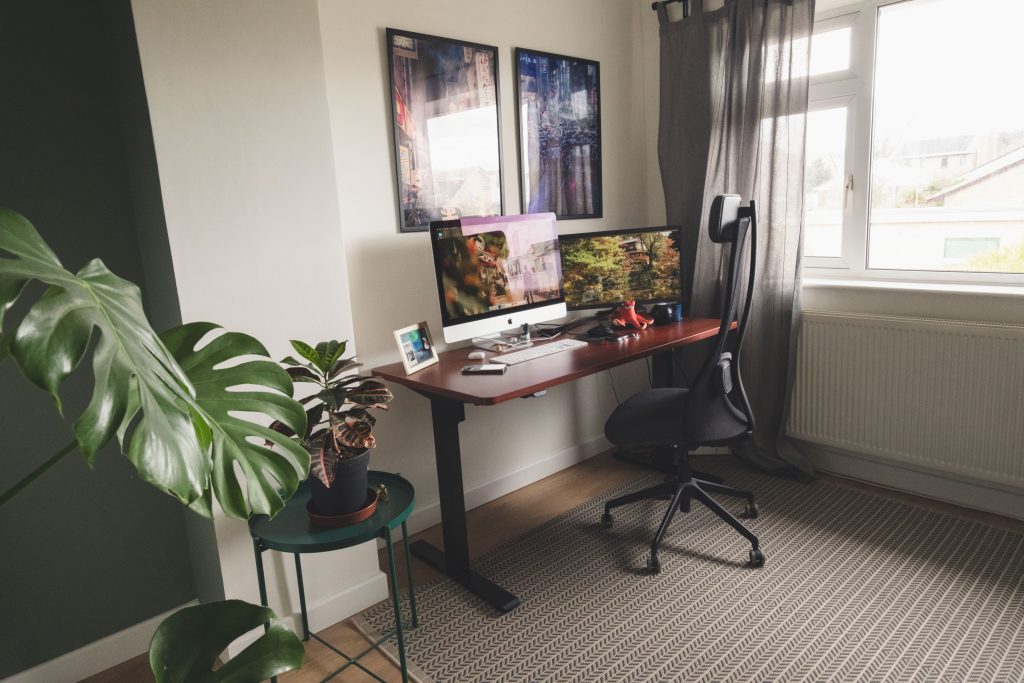
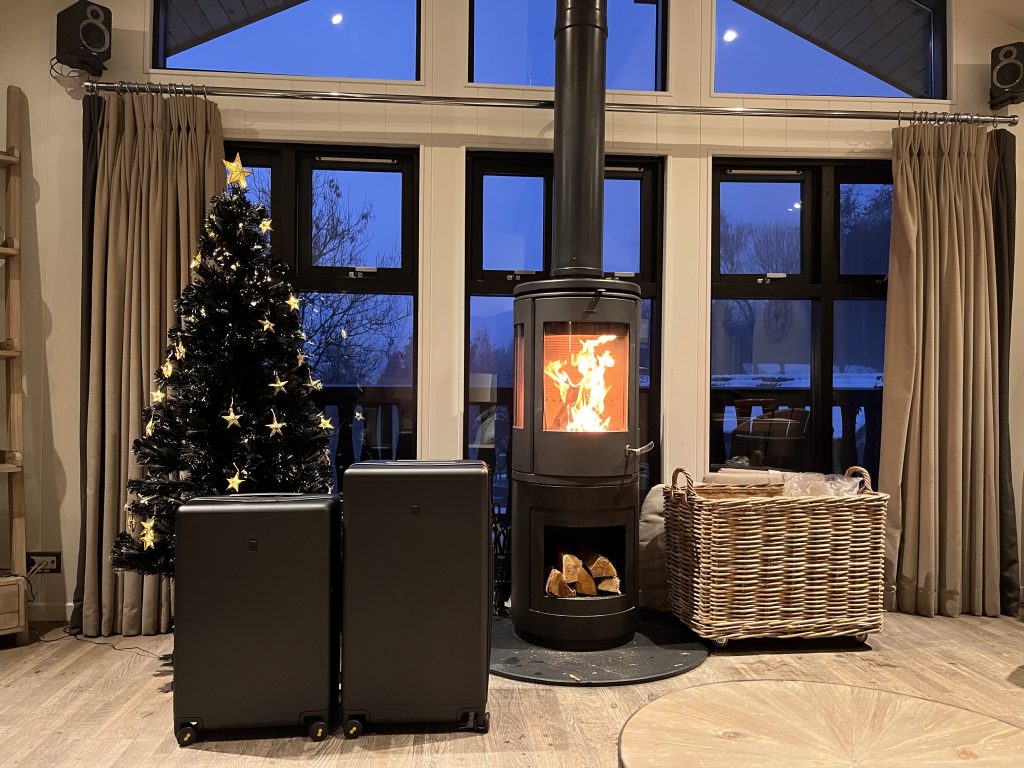
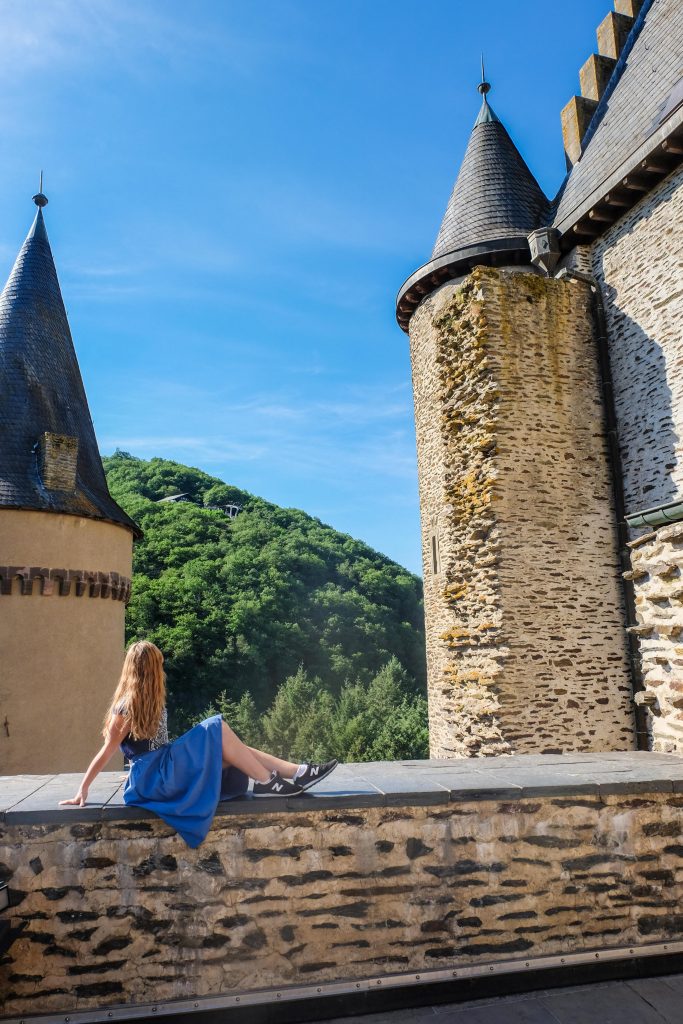
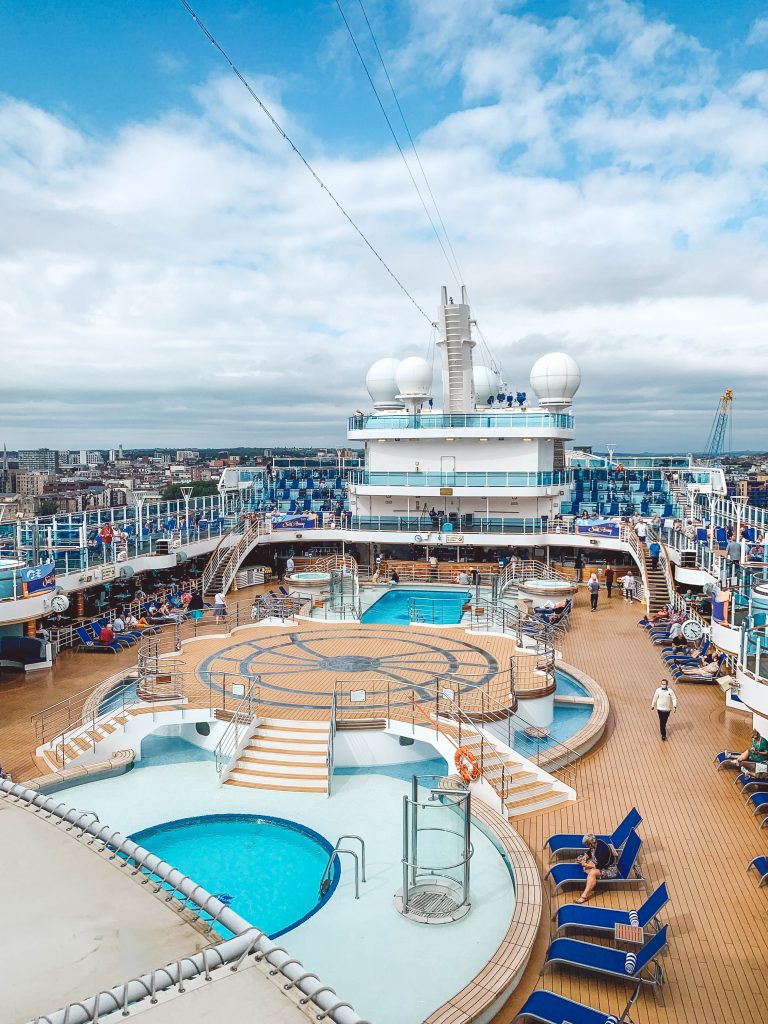
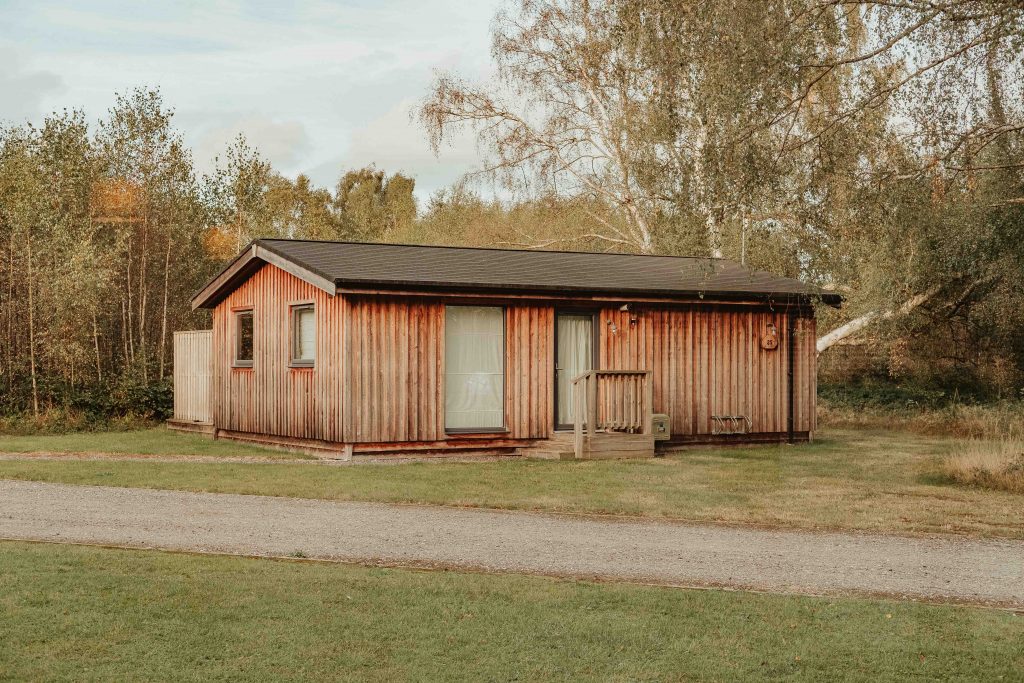
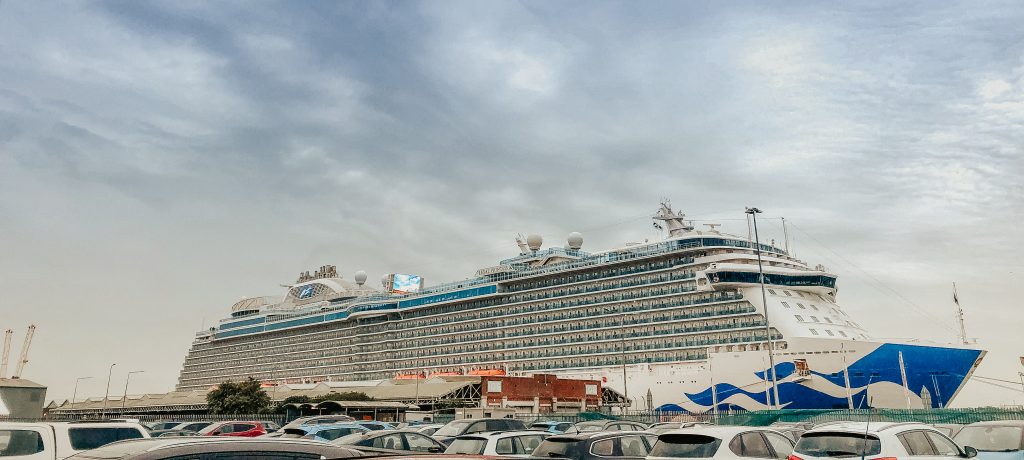


Leave a Reply